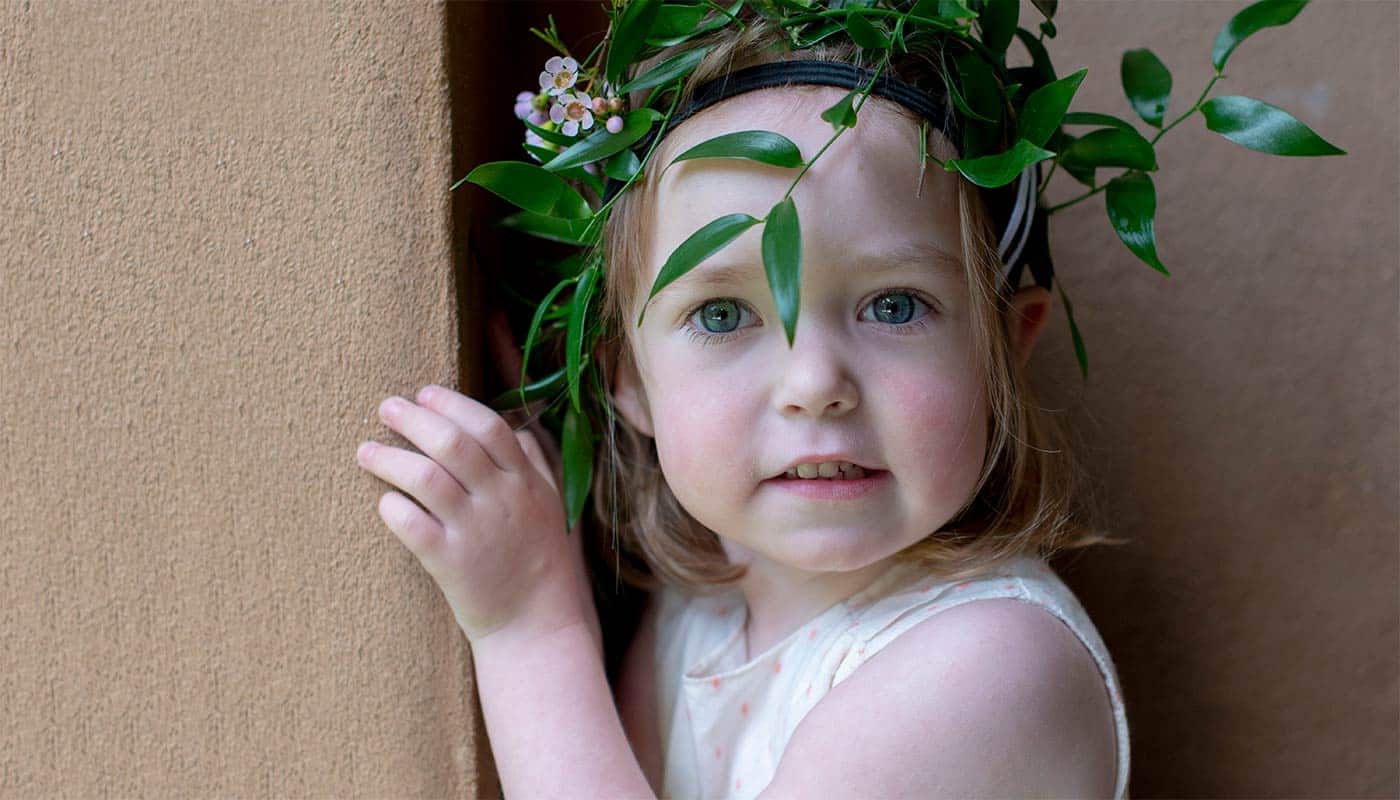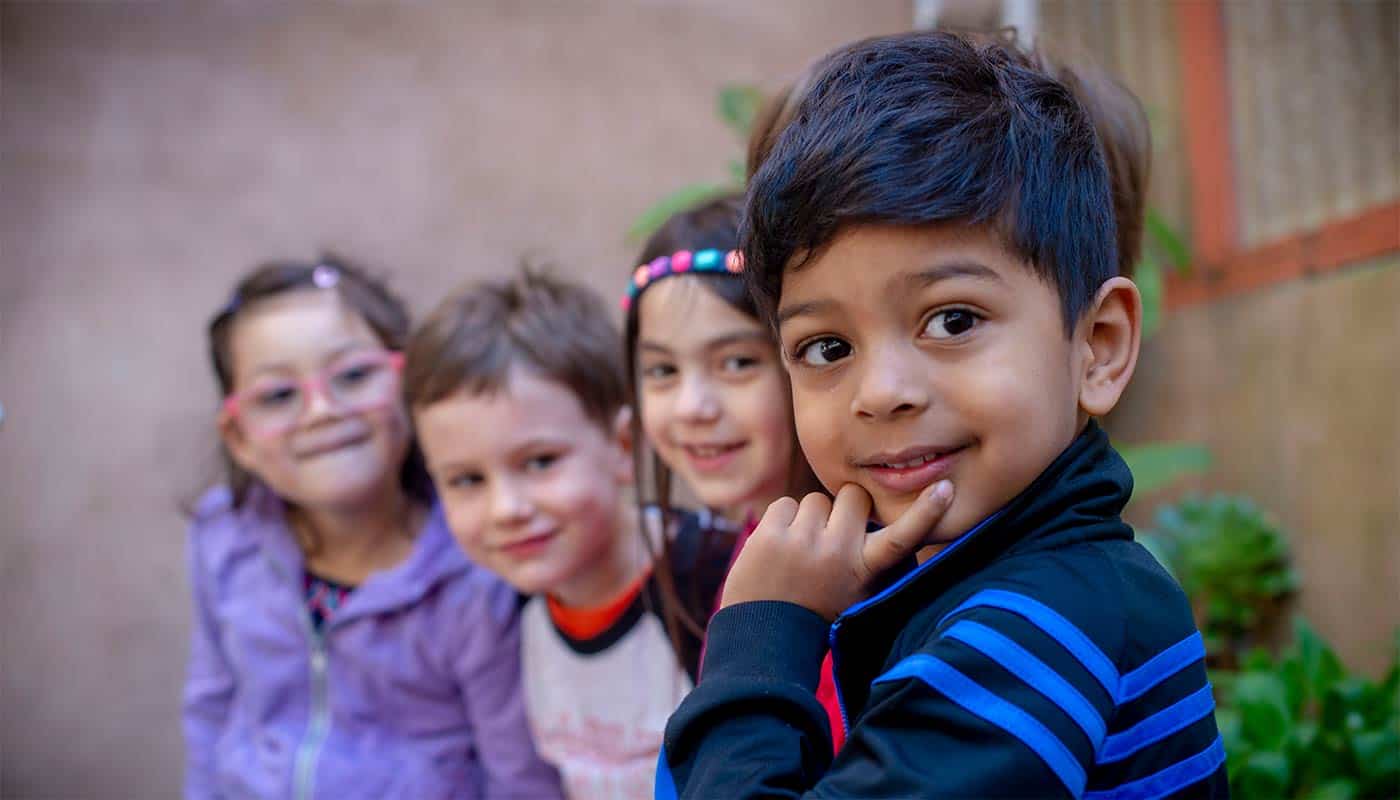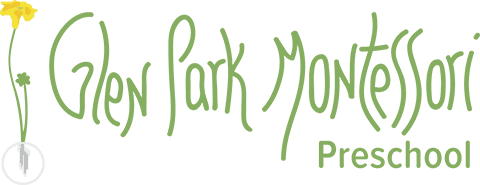Our Programs
What is Montessori Education?
Maria Montessori designed a curriculum for young children through direct observation, her background in anthropology, and her knowledge of the child’s physiology and neurology. She knew that these formative years were guided by sensorial interactions and designed materials that through play, experimentation, creativity and imagination, would foster confidence while supporting a genuine love of learning.
This approach encourages children to work independently and at their own pace, while engaging in a concrete format that incorporates all of their senses: seeing, touching, hearing, smelling, and tasting.
Across all subject areas, Montessori education emphasizes compassion, respect for others, and all the life that surrounds us.

Toddler Room – NEW
New for 2025-2026, our Toddler Program applies authentic Montessori principles and specially-designed materials for children 18 months to 2 years 8 months, through hands-on activities that develop independence, language, and motor skills in a carefully-prepared environment designed for their developmental needs.
Toddlers engage with real materials while developing life skills like pouring water, sorting objects, and practical life activities. The objective is to build concentration and self-confidence while fostering their natural desire to explore and learn. Our trained Montessori guides observe each child’s interests and readiness, offering individual lessons that support their emerging independence in areas like toileting, eating, and communication.

Preschool
Glen Park Montessori’s Primary program serves children from 2 years 8 months through 5 years old, following authentic Montessori principles in mixed-age classrooms that encourage peer learning and leadership development. Children work with specially-designed Montessori materials that introduce foundational concepts in mathematics, language, botany, geography, science, art and cultural studies through hands-on exploration.
The three-year age span allows younger children to learn from older peers while older children reinforce their knowledge by helping younger classmates, creating a collaborative learning community that mirrors real-world social dynamics. Child develop problem-solving abilities, as well as their own unique form of independence, self-awareness and expression through art, music, movement, order, self discipline, and joy. This intrinsic motivation not only prepares them for elementary education, but also lifelong learning as peaceful, confident citizens of the world.
Areas of Study
- Practical Life
- Sensorial Development
- Language and Literacy
- Mathematics
- Biology
- Botany
- Anthropology
- Geography
- Art
- Music
- Movement
- Cultural Explorations: Children in Other Countries
- Healing plants
- Inspiration from: Spiritual Awareness in a Non-Sectarian Classroom, Honoring the Light of the Child, and A Handful of Quiet
- Celebrations!
